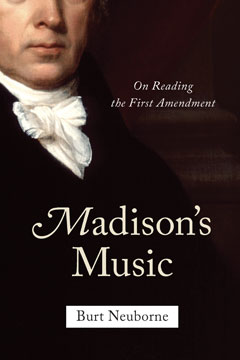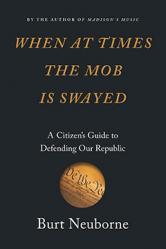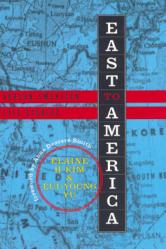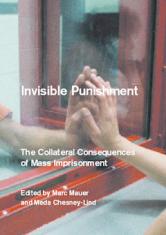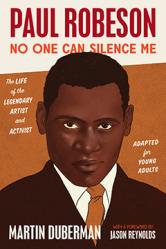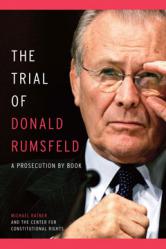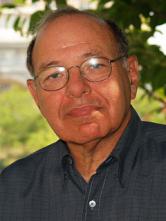Madison’s Music
One of the nation’s foremost civil liberties lawyers challenges our understanding of how our democracy works with a radical new reading of a founding document
“In the dark art of lawyering, Neuborne has always been considered a white knight.”
—New York
What if most of what we think we know about the First Amendment is just wrong? For years, the Supreme Court has treated the First Amendment like a laundry list of isolated words, stopping every once in a while to pull a couple of words out of the full text and claiming to be able to use the artificially isolated words as an infallible guide to what the First Amendment really means. Burt Neuborne, who has been one of the nation’s foremost constitutional lawyers for the past fifty years, argues that the Supreme Court has gotten it all wrong. If, he argues, judges would only look at the First Amendment’s full text—all forty-five words—they would discover Madison’s music, a First Amendment that is democracy’s best friend.
Neuborne, who was the national legal director of the ACLU during the Reagan presidency and has argued many cases before the Supreme Court, explains that the remarkably disciplined order and structure of the ideas in Madison’s forty-five-word First Amendment—beginning with freedom of conscience in the religion clauses; moving on to freedoms of speech, press, and assembly in that order; and ending with freedom to petition for redress of grievances—tells the story of democracy in action. Madison’s music, he argues, is the chronicle of a democratic idea conceived in the free conscience of a free citizen, articulated by a free speaker, disseminated widely by a free press, turned into a political movement by freely assembled people, and enacted into law through the petition clause. No other rights-bearing document, beginning with the Magna Carta in 1215, comes close to such a careful narrative of democracy in action. Neuborne argues that the Supreme Court’s misuse of what he calls “an imperial Free Speech Clause” to blot out Madison’s democratic music has led to an arbitrary First Amendment that turns democracy over to hugely wealthy individuals and corporations, encourages cynical officials to disenfranchise the weak, and allows politicians to manipulate the system to stay in power. Recovering the ability to hear Madison’s music, he argues, is the first step to reclaiming our democracy for everyone—not just the rich.
Praise
|
|

